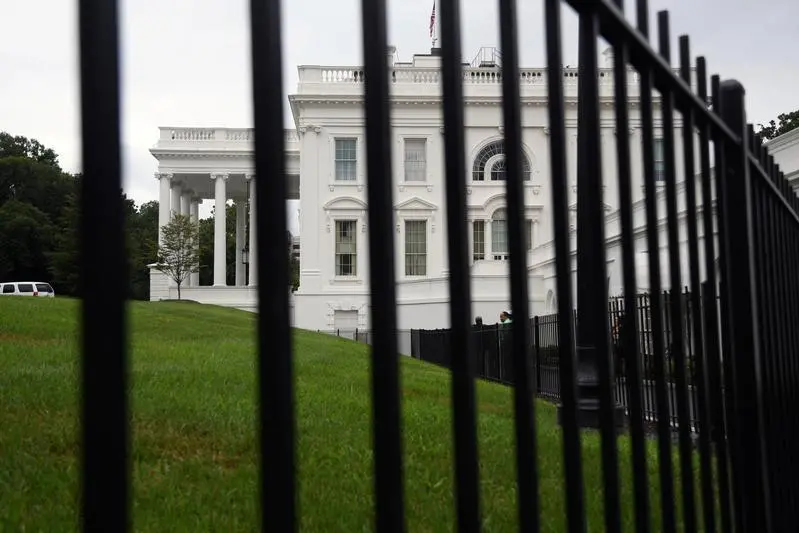PHOTO
WASHINGTON - The White House’s small trade deals are not adding up. U.S. officials on Tuesday hailed Morocco’s opening to U.S. poultry, just as they did recent moves by Colombia to expand market access for American rice and Argentina’s elimination of a ban on U.S. pork. But projected export gains of at least $35 million are chicken feed relative to potential losses from retaliatory tariffs sparked by Donald Trump’s trade wars with other countries.
U.S. Trade Representative Robert Lighthizer touted the Moroccan poultry deal as proof that the Trump administration prioritizes the opening of new markets. He also complained to lawmakers last month that “no one reads about” the administration’s trade successes. They include removing European Union barriers for American citrus products, which could increase exports by $15 million in the first year, and Japan’s elimination of a ban on American lamb and goat meat, a $169 million market.
Greater access for U.S. goods is certainly welcomed by American businesses and farmers. But it pales in comparison to the $54 billion in American products already hit by retaliatory tariffs from Canada, China, the European Union and Mexico, and the additional $60 billion threatened by Beijing. Many of those goods are in the agricultural sector, including soybeans, wheat, pork and orange juice.
In the meantime, Trump has yet to land a major trade deal. He hopes to complete a renegotiation of the North American Free Trade Agreement affecting $525 billion in U.S. exports, but sticking points remain and the administration’s attempt to pit Mexico and Canada against each other shows little sign of working. It’s another example of how the White House’s piecemeal approach to trade misses the bigger picture.
CONTEXT NEWS
- Morocco has agreed to allow commercial imports of U.S. poultry for the first time, U.S. Trade Representative Robert Lighthizer and U.S. Secretary of Agriculture Sonny Perdue announced on Aug. 7.
- Initial estimates indicate that Morocco would be a $10 million market, with potential to grow over time, the U.S. officials said. The United States is the world’s second-largest poultry exporter, with global sales reaching $4.3 billion in 2017.
(Editing by Antony Currie and Martin Langfield)
© Reuters News 2018





















